Die häufigsten Krankheiten beim Rhodesian Ridgeback verbraucherforuminfo.de

Culling of puppies Traditionally, many Rhodesian Ridgeback puppies were culled at birth for numerous reasons, including ridgelessness. Contemporary breeders are increasingly opting for surgical sterilisation of these offspring to ensure they will not be bred but can live into maturity as non-showing, non-breeding pets.
Rhodesian Ridgeback Pflege Pflege, Ernährung und Krankheiten rund um Deinen Rhodesian Ridgeback

Ridgeback Rescue of the U.S. (RRUS) is a nonprofit organization dedicated to the identification, rescue, rehabilitation, and rehoming of neglected, lost, surrendered, or otherwise homeless Rhodesian Ridgeback Dogs in the United States, and to the training, education, and support of current Ridgeback owners to assist them in keeping their Ridgeback.
Rhodesian Ridgeback › HundeInfo.de
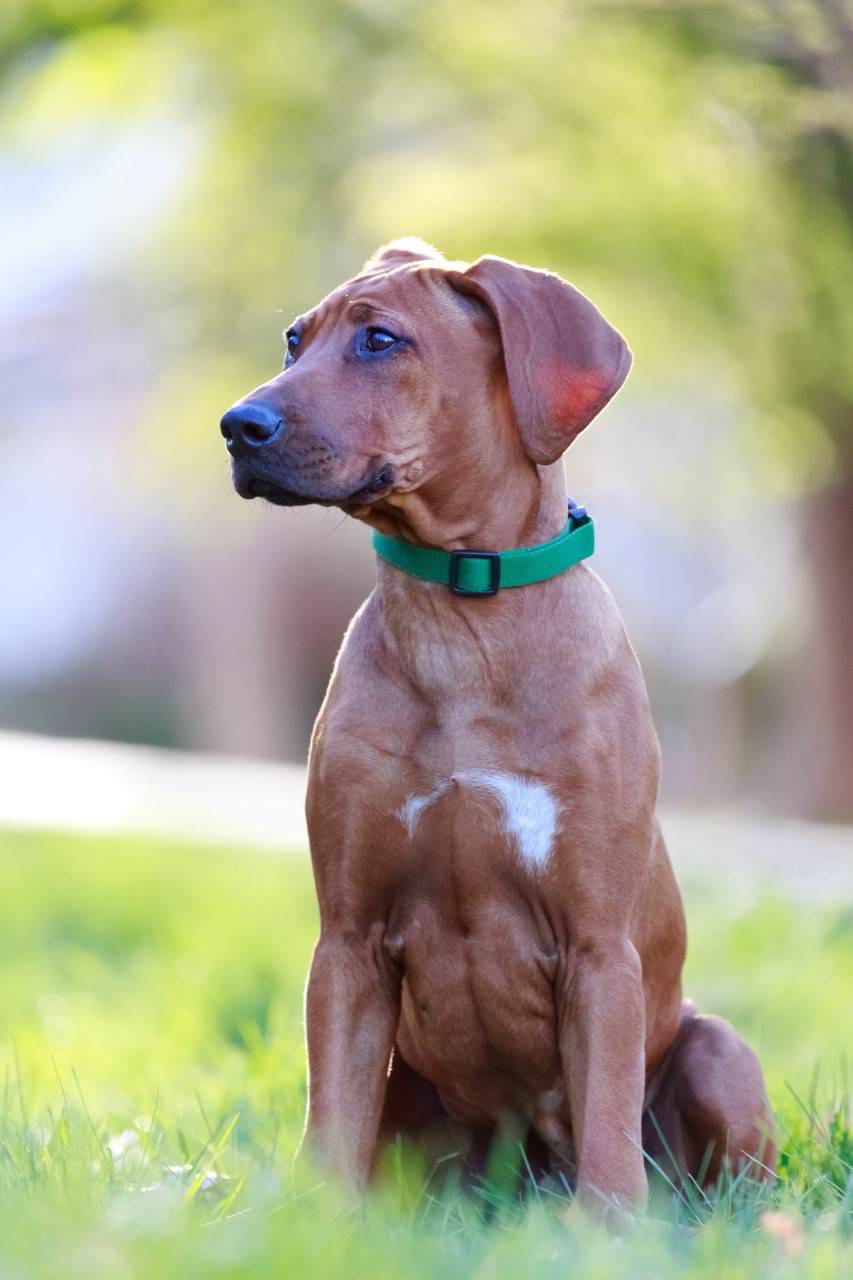
Was sind typische Krankheiten beim Rhodesian Ridgeback? Gibt es rassetypische Erbkrankheiten beim Rhodesian Ridgeback? Erbkrankheiten werden über die DNA weitergegeben. Wie bei den meisten anderen Rassen auch, sind genetische bedingte Krankheiten auch innerhalb der Rhodesian Ridgeback Zucht vertreten.
HundeOP Versicherung für Rhodesian Ridgeback incl. OP Statistik

Hypothyroidism, a condition in which the thyroid gland doesn't produce enough hormones, is also seen in Rhodesian Ridgebacks. This can lead to various issues including lethargy, obesity, hair loss, and skin conditions. Symptoms include unexplained weight gain, lethargy, hair loss, dry or dull coat, and recurrent skin infections.
Rhodesian Ridgeback Erziehung, Charakter, Haltung

The most territorial of the hound breeds, the Rhodesian Ridgeback is aloof with strangers and should be accustomed to people at an early age so that his guarding instinct remains controlled rather than indiscriminate. Rhodesian Ridgebacks can be dominant with other animals, especially with other dogs of the same sex.
Rhodesian Ridgeback Ten Health Problems Snifforama

The ridgeback has a quiet, gentle temperament and rarely barks. Although he may give the impression of a big, lazy hound, the Rhodesian ridgeback can be a threatening presence. This dog was bred to hunt and be a family protector. The ridgeback is easily trained and has above-average tractability. Because of their innate abilities as guardians.
Pet Insurance for Rhodesian Ridgeback
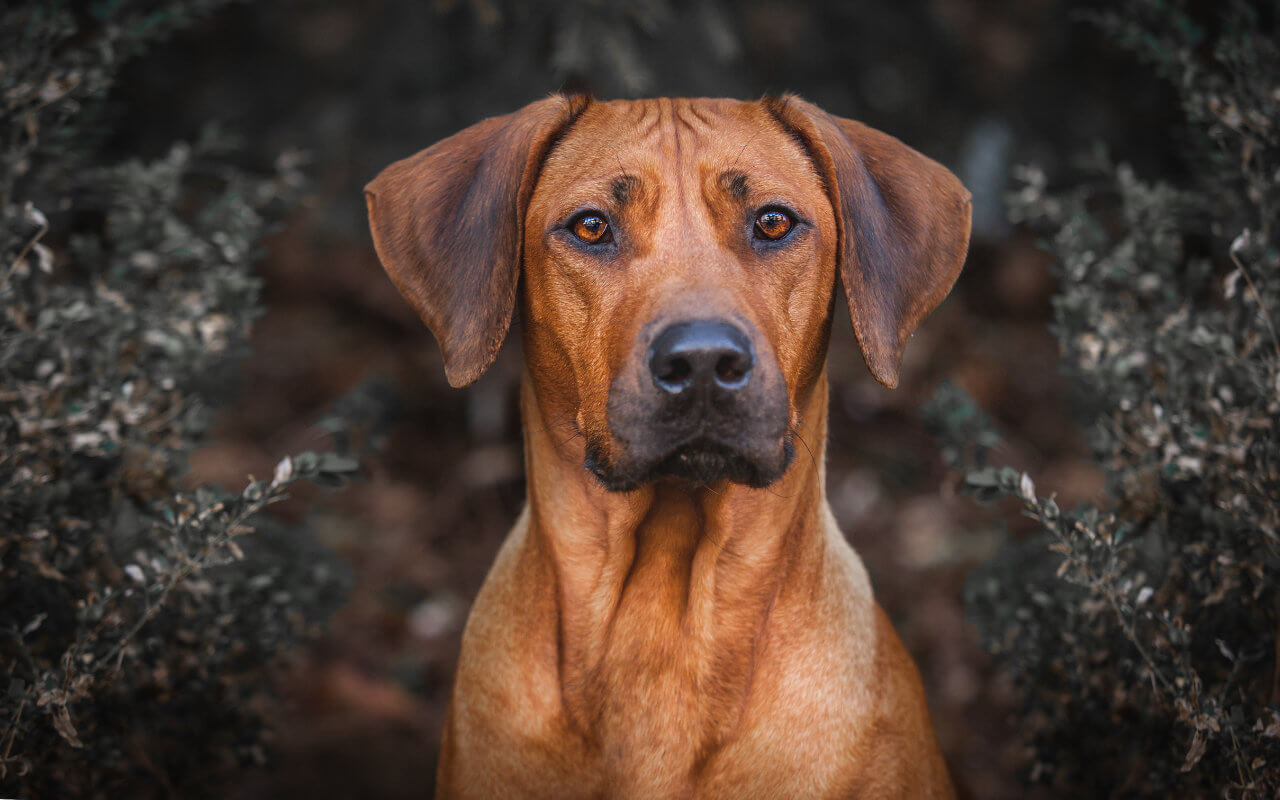
The Rhodesian Ridgeback survived in various forms through the years because of his superb hunting ability. In addition to trailing and tracking large animals, he was also used to hold his quarry at bay. He was the protector of game wardens, farm families and hunters throughout South Central Africa, where the breed developed into its present.
Hundekrankenversicherung für Rhodesian Ridgeback

Rhodesian Ridgeback Rescue, Inc., is an all-volunteer, U.S. 501 (c) (3) not-for-profit organization that operates throughout the USA and Canada. It is the official rescue program for both the AKC- and CKC-recognized national breed clubs for both the USA and Canada, respectively, as well as most local and regional breed clubs in both countries.
Rasse gleich Klasse? Krankheiten bei Rassehunden
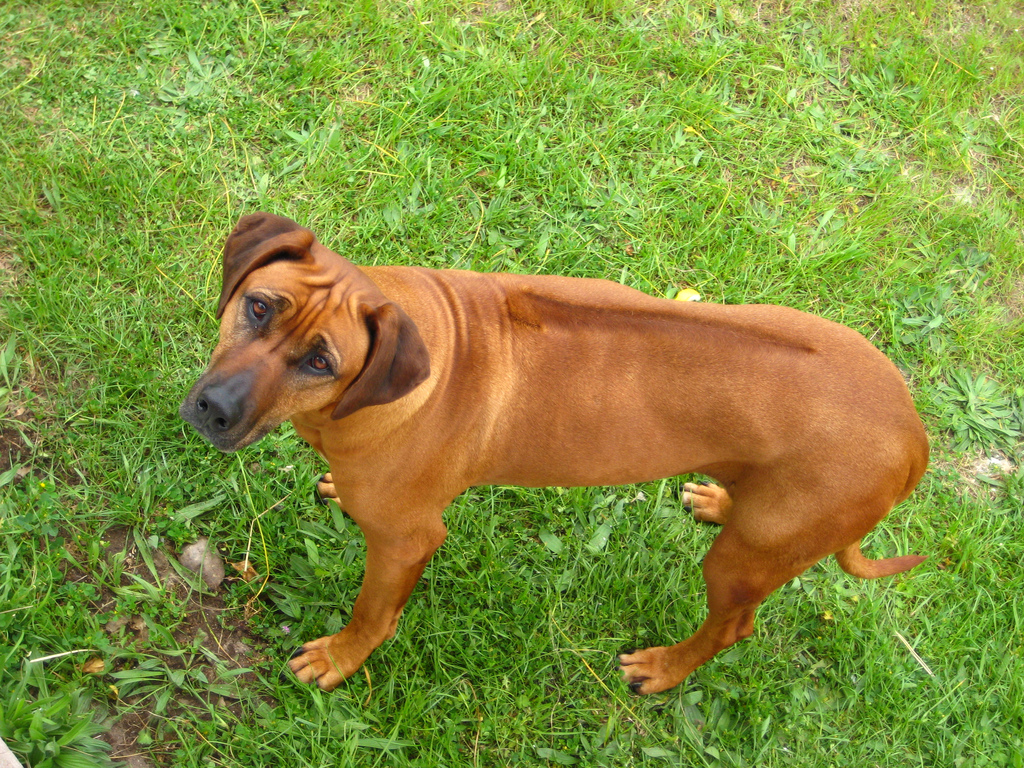
Februar 3, 2023 Der Rhodesian Ridgeback ist zweifelsfrei ein toller Hund. Doch kann es mit dem schönen Südafrikaner durchaus auch zu Problemen kommen. Wie bei jeder anderen Hunderasse auch, kann es bei Rhodesian Ridgeback typische Rassekrankheiten, aber auch Probleme in der Erziehung und Haltung geben.
Krankheiten der Rasse Mapacha Kalles

The Rhodesian Ridgeback ranks #15 among all breeds for autoimmune thyroiditis prevalence. There is a high risk of obtaining a dog that will develop thyroid disease. For this reason you should make sure you, or your breeder, are testing all dogs before breeding. It may even be a good idea to test dogs that you don't plan on breeding so that any.
Rhodesian Ridgeback Dog Breed Information Breed Advisor

The Rhodesian Ridgeback doesn't require any special bathing products, unless suggested by your veterinarian. Over-the-counter shampoos for dogs are acceptable, and veterinarians typically recommend oatmeal-based sensitive-skin formulations. Ridgebacks should be bathed approximately once a month, with more frequent (every 2 weeks or so) nail.
Der Rhodesian Ridgeback aus tiermedizinischer Sicht Rassetypische Krankheiten kennen und
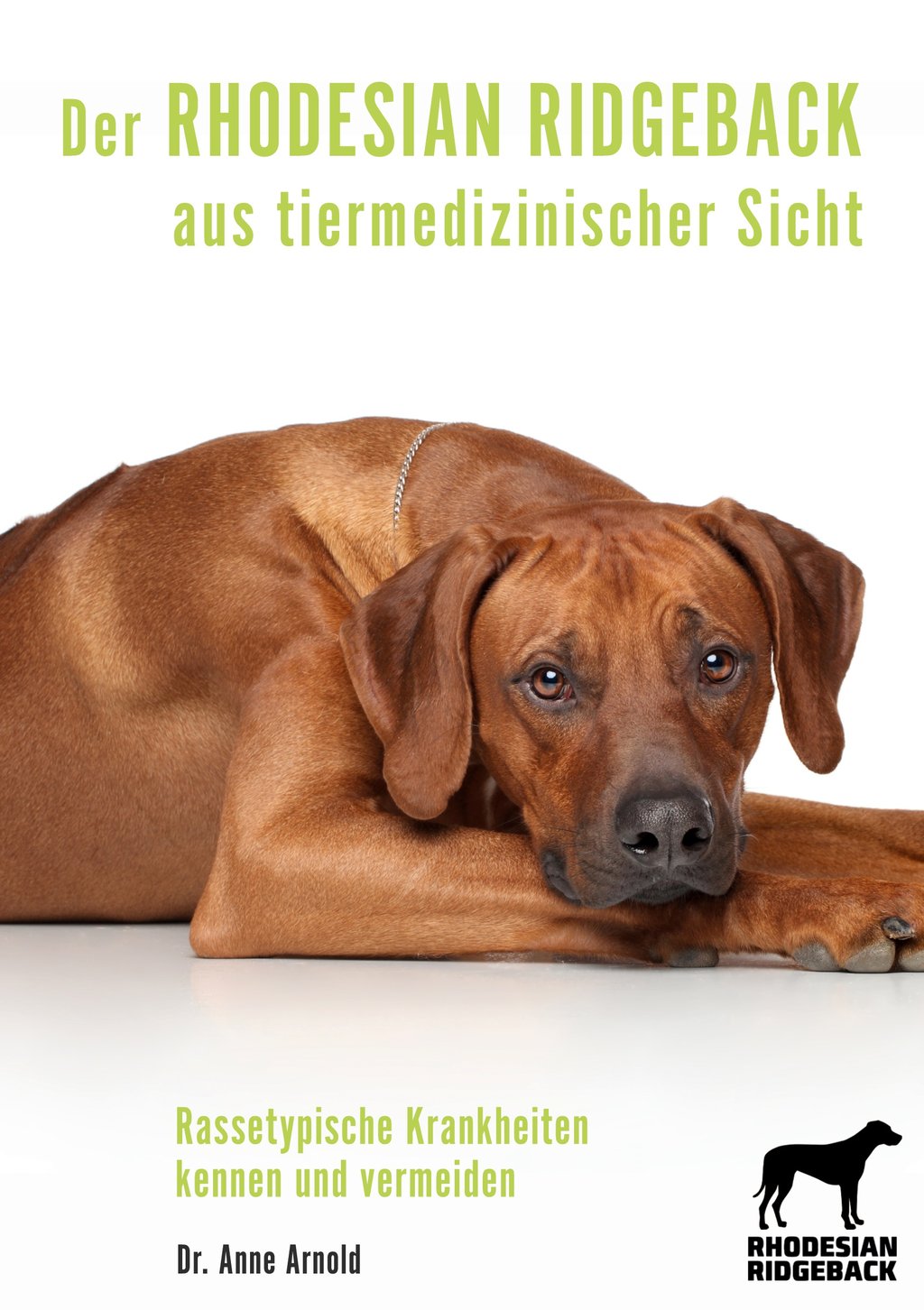
Impressionen der Hunderasse Erziehung & Haltung des Rhodesian Ridgeback - Das gilt es zu beachten Ernährung des Rhodesian Ridgeback Gesundheit - Lebenserwartung & häufige Krankheiten Pflege des Rhodesian Ridgeback Rhodesian Ridgeback - Aktivitäten und Training Gut zu wissen: Besonderheiten des Rhodesian Ridgeback Nachteile des Rhodesian Ridgeback
Hundekrankenversicherung für Rhodesian Ridgeback
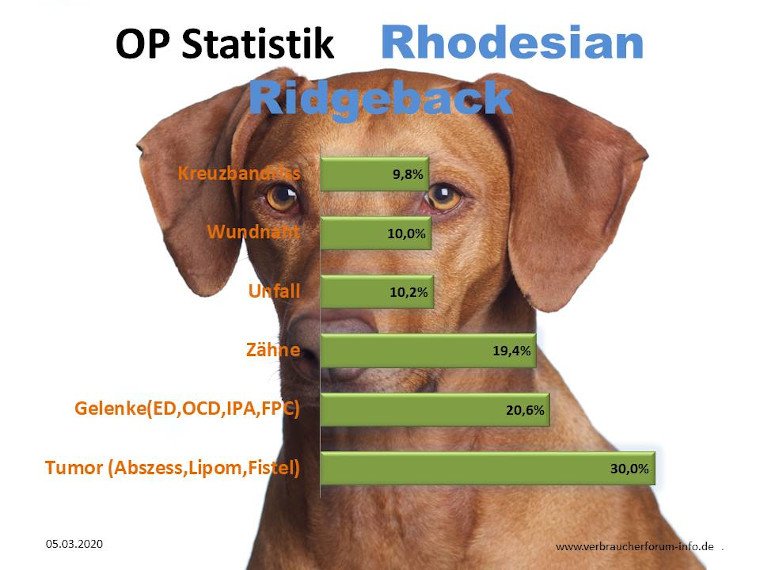
Rassetypische Erkrankungen Der Rhodesian Ridgeback leidet oft an einer angeborenen Erkrankung namens Dermoid Sinus. Die Krankheit entsteht dadurch, dass in der embryonalen Entwicklung die Zellen, die später einmal die Haut bilden, nicht ganz vollständig von jenen Zellen getrennt werden, welche später einmal das Nervensystem bilden. Werbung
Statistik über häufige rassetypische Krankheiten beim Rhodesian Ridgeback verbraucherforuminfo.de

The most serious disease in Rhodesian Ridgeback puppies (with about a 5% incidence) is a severe inherited skin deformity called dermoid sinus.. First of all, what it is? A dermoid sinus is a tube-shaped channel that starts on the surface of an affected puppy's skin (usually along the midline of the pup's neck or back) and extends downward toward the spinal cord.
Krankheiten der Rasse Mapacha Kalles Rhodesian Ridgeback
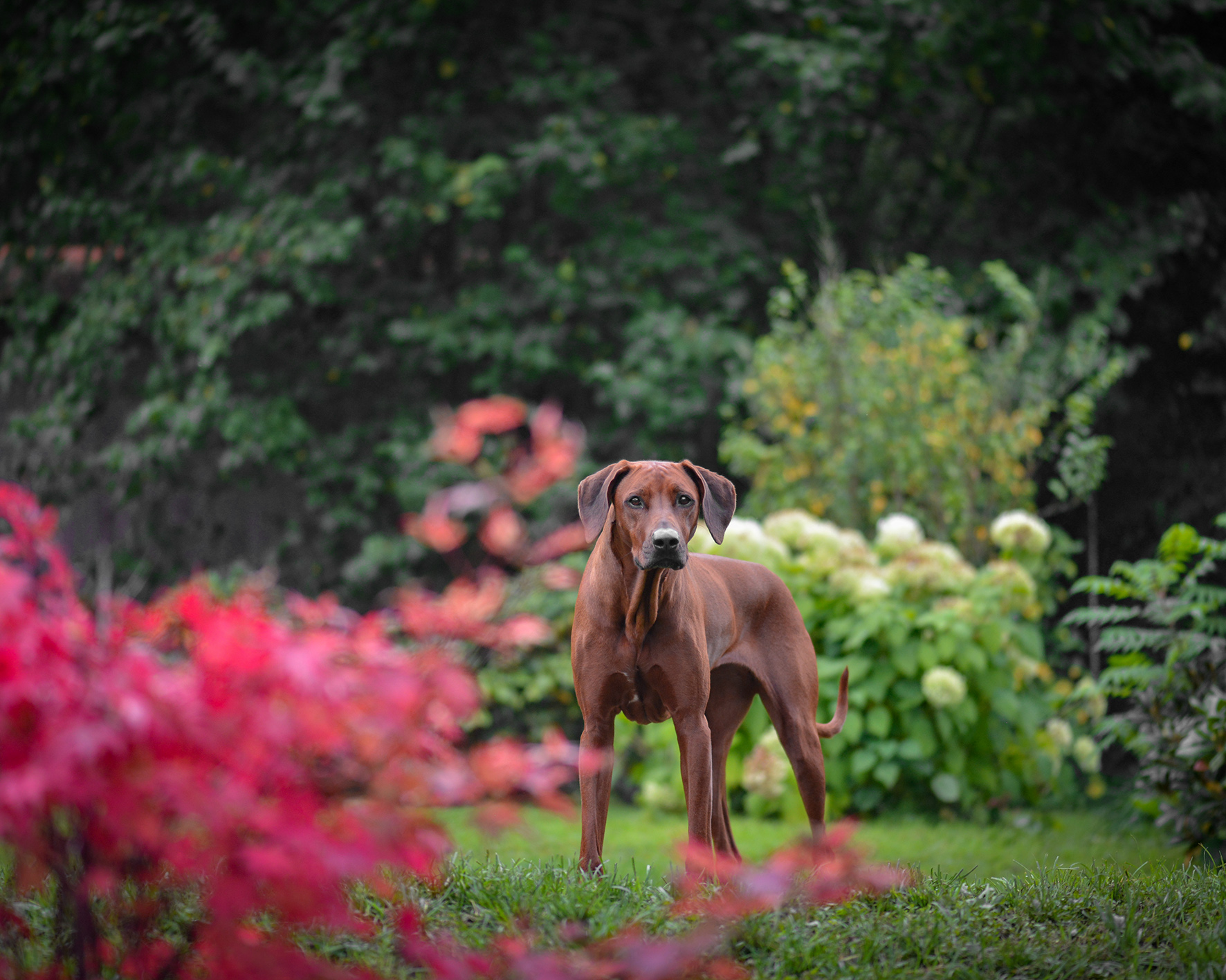
The Rhodesian Ridgeback is a medium-large dog originally bred in southern Africa to hunt large game, including lions. It was previously known as the African Lion Hound. The first breeder of.
flexibel Eisig Suchmaschinenoptimierung rhodesian ridgeback ohren Ei Zusammenarbeit Ausschluss

Frequently Asked Questions The Rhodesian ridgeback is a large hound dog breed from Africa that has a short, smooth coat with a distinctive ridge of fur running down its spine. The ridge grows in the opposite direction from the rest of the fur. Having been bred to hunt big game, including lions, ridgebacks possess a high prey drive.